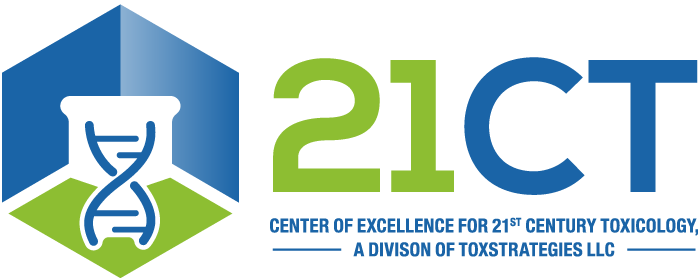Jackson JW, Frederick C Streich Jr, Pal A, Coricor G, Boston C, …, Wood M, et al. 2024. An antibody that inhibits TGF-β1 release from latent extracellular matrix complexes attenuates the progression of renal fibrosis. Sci Signal 17(844):eadn6052; doi: 10.1126/scisignal.adn6052. PMID: 38980922.
Abstract
Inhibitors of the transforming growth factor–β (TGF-β) pathway are potentially promising antifibrotic therapies, but nonselective simultaneous inhibition of all three TGF-β homologs has safety liabilities. TGF-β1 is noncovalently bound to a latency-associated peptide that is, in turn, covalently bound to different presenting molecules within large latent complexes. The latent TGF-β–binding proteins (LTBPs) present TGF-β1 in the extracellular matrix, and TGF-β1 is presented on immune cells by two transmembrane proteins, glycoprotein A repetitions predominant (GARP) and leucine-rich repeat protein 33 (LRRC33). Here, we describe LTBP-49247, an antibody that selectively bound to and inhibited the activation of TGF-β1 presented by LTBPs but did not bind to TGF-β1 presented by GARP or LRRC33. Structural studies demonstrated that LTBP-49247 recognized an epitope on LTBP-presented TGF-β1 that is not accessible on GARP- or LRRC33-presented TGF-β1, explaining the antibody’s selectivity for LTBP-complexed TGF-β1. In two rodent models of kidney fibrosis of different etiologies, LTBP-49247 attenuated fibrotic progression, indicating the central role of LTBP-presented TGF-β1 in renal fibrosis. In mice, LTBP-49247 did not have the toxic effects associated with less selective TGF-β inhibitors. These results establish the feasibility of selectively targeting LTBP-bound TGF-β1 as an approach for treating fibrosis.
